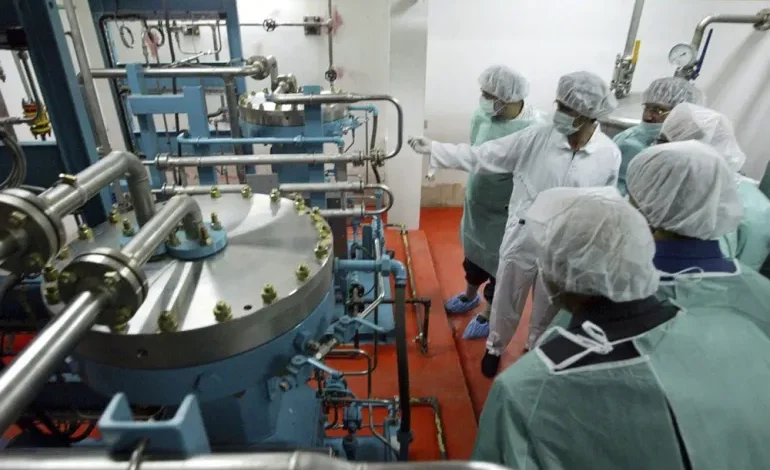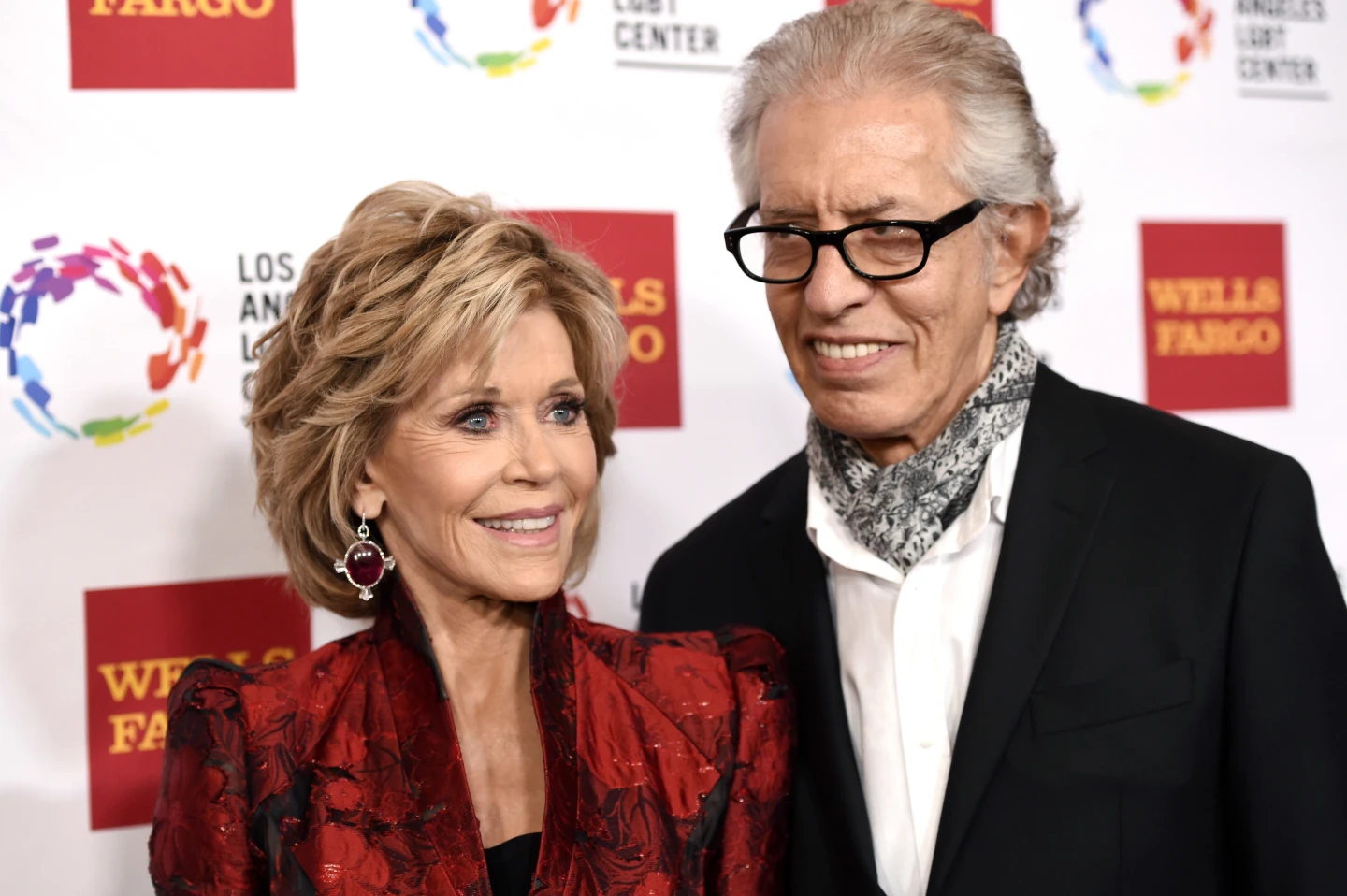Iran to Activate Advanced Centrifuges After IAEA Censure

Iran has announced it will activate “new and advanced” centrifuges in response to a resolution adopted by the International Atomic Energy Agency (IAEA) board criticizing its lack of cooperation with the UN nuclear watchdog, Al Jazeera reports.
The resolution, put forward by the US, UK, France, and Germany, passed with 19 votes in favor, despite opposition from Russia and China. Twelve nations abstained, and one did not vote.
The IAEA resolution, echoing a similar June motion, expresses “deep concern” over the presence of undeclared nuclear material at several sites in Iran. It highlights the IAEA Director General Rafael Grossi’s findings that Iran failed to declare nuclear material as required under the Treaty on the Non-Proliferation of Nuclear Weapons (NPT). This follows confidential IAEA reports leaked to the media this week detailing Iran’s defiance of international demands to curb its nuclear program. The reports specifically mention the discovery of processed uranium at two locations near Tehran – Varamin and Turquzabad.
Iran’s Atomic Energy Organization and Ministry of Foreign Affairs strongly condemned the resolution. They announced that nuclear chief Mohammad Eslami has ordered the launch of advanced centrifuges, powerful machines used in uranium enrichment. While Iran stated that “technical and safeguards cooperation with the IAEA will continue,” the move is seen as a direct escalation in response to the international pressure.
Iranian Foreign Minister Abbas Araghchi previously criticized the resolution, saying it would “complicate” ongoing nuclear talks. Despite this, IAEA Director General Grossi indicated last week that some progress was being made during his visit to Tehran, notably with Iran agreeing to cap its high-enriched uranium stockpile at 60 percent purity. The resolution, however, calls on Iran to provide “technically credible explanations” for the undeclared nuclear material.
This latest censure comes amid heightened geopolitical tensions and as a new US administration prepares to take office. The previous US administration’s “maximum pressure” campaign against Iran, culminating in withdrawal from the 2015 Iran nuclear deal, significantly contributed to the escalation of Iran’s nuclear program. The current developments raise further concerns about the future of the Iran nuclear deal and the broader regional stability.








